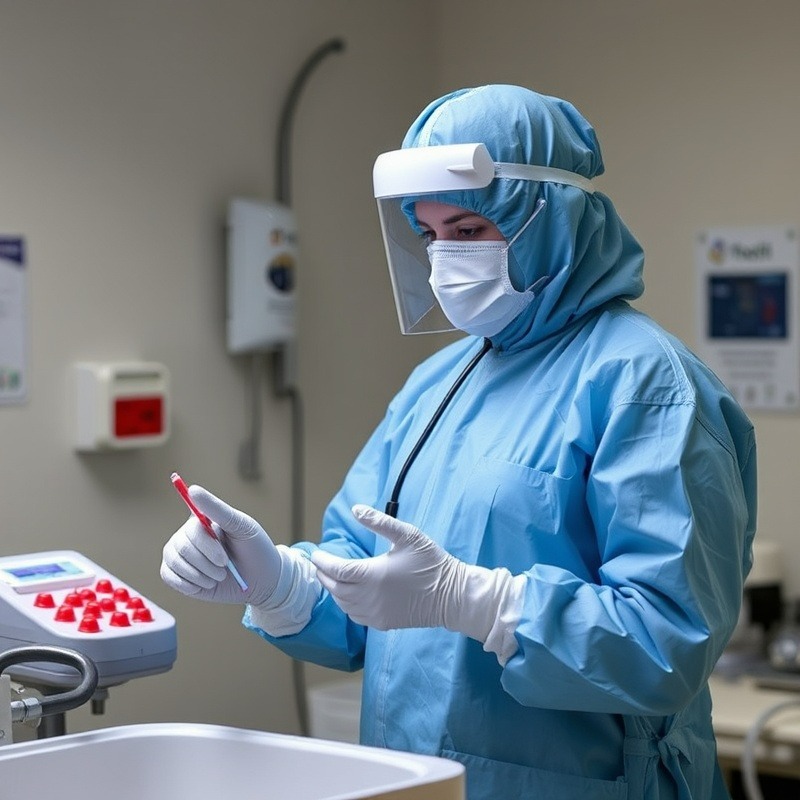
How Smarter Infection Control Can Secure the Future of Long-Term Care
The Pandemic's Wake-Up Call for Long-Term Care Facilities
The COVID-19 pandemic cast a harsh light on the vulnerabilities of Long-Term Care (LTC) facilities, starkly illustrating the urgent need for reform. Nursing homes, referred to as Skilled Nursing Facilities (SNFs), experienced excessive fatalities despite comprising a mere 0.45% of the U.S. population, accounting for nearly 45% of COVID deaths from April to August 2020. Many LTC facilities struggled with outdated infection control systems, impacting their ability to manage the outbreak effectively. Even before COVID-19, these institutions faced frequent outbreaks of severe infections like MRSA and influenza. The absence of prioritized resources for infection control left many facilities grappling with unpreparedness, causing a 74% morbidity surge during influenza seasons alone.
California's Innovative Real-Time Data Approach
In light of these challenges, California emerged as a leading example of how leveraging technology can transform infection oversight in LTC settings. By adopting real-time data analytics and risk-based algorithms, California managed to achieve the lowest COVID-19 fatality rates despite having numerous nursing homes. Over the pandemic, states like Maryland have followed suit, utilizing a bi-directional data approach, significantly decreasing weekly COVID-19 fatalities. This illustrates the tremendous potential of data-driven strategies in pre-empting outbreaks and tailoring bespoke interventions for high-risk facilities.
The Demanding Call for a Nationwide Reform
With the World Health Organization predicting a doubling of the aging population by 2050, transitioning to innovative oversight systems is not just beneficial; it is imperative. The traditional oversight methodologies in the U.S. are proving increasingly inadequate against growing workloads and evolving technological demands. Long-term care facilities need to adapt to the future wherein real-time data and risk-based solutions are central to infection control strategies, aiming to minimize healthcare-associated infections accountable for approximately one in ten global deaths in these settings.
Embracing Data-Driven Insights for Concierge Health Practitioners
For concierge health practitioners, understanding and utilizing advanced technology solutions can significantly impact patient health outcomes and bolster practice resilience. By integrating real-time, data-driven strategies into their practice, practitioners can enhance decision-making processes, optimize surveillance for potential outbreaks, and ensure a proactive stance in patient care. This shift not only grounds their practice in innovative care delivery but also solidifies their standing in the healthcare community.
 Add Row
Add Row  Add
Add 




Write A Comment